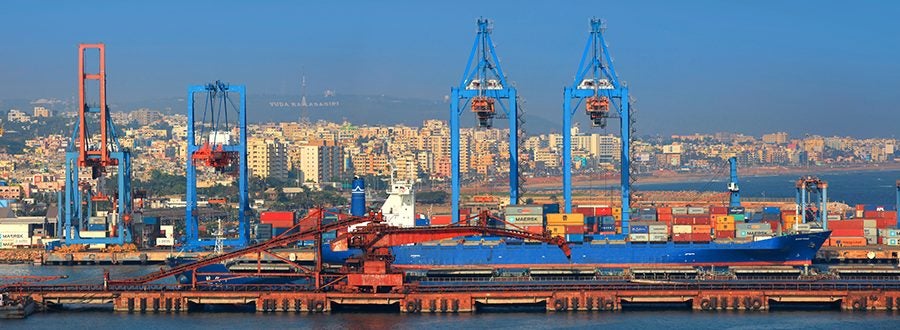[gdlr_notification icon=”icon-flag” type=”color-background” background=”#FF8C00″ color=”#ffffff”]Free webinar on Essential Tips for Doing Business in India by ConnectAmericas, on April 6, will explore best practices to enter the Indian market and offer useful guidelines to navigate the export process. Register here![/gdlr_notification]
India is the second most populous country in the world, with over 1.2 billion people, and the third largest economy by purchasing power. In 1991, a balance of payments crisis forced the country to open its economy towards a free-market system by emphasizing foreign trade and direct investment inflows. In 1995, India became a member of the World Trade Organization.
All of this to say that India represents an important opportunity for Latin America and the Caribbean. But how can the region take advantage of this opportunity? According to the report India: Latin America’s Next Big Thing?, coordinated by Mauricio Mesquita Moreira, Principal Economic Advisor at Inter-American Development Bank, the opportunity lies in focusing on where India’s emergence will be seen most: trade and investment in goods and services.
If trade theory is any guide, there seems to be a large potential for LAC to trade with India… India is, by any measure, a country that is relatively scarce in natural resources and abundant in labor, whereas most of LAC is the opposite.
This complementary scenario would indicate great potential for trade between LAC and India, which is further strengthened by the size and similarity of consumer preferences in both regions.
On the other hand, as the report suggests, a big challenge for the establishment of this trade relation is tariffs on exports from both countries. For a prosperous trade relationship between India and the LAC region as a whole, these tariffs must be addressed, and India should seek to strengthen trade relations with the entire region, rather than bilateral relationships with different countries.
A stronger trade relation would, in turn, promote more cooperation between LAC and India not only in economic terms, but also on broader, more global issues, which would help deepen trade relations as well.
The author therefore sees great potential in closer economic ties with India, and believe LAC could benefit from it greatly.
Trade brings economies together, making the incentives to invest clearer and the barriers, particularly the informational barrier, less relevant. Today, the bulk of LAC’s and India’s outward FDI goes to their major trading partners in the U.S., Europe, and other Asian countries, but there have been a few emblematic examples in IT services, mining, and manufacturing, and these are revealing of the relationship’s potential.
More trade also appears to be a key ingredient for strengthening and consolidating a growing movement towards cooperation between the two economies that were barely part of each other’s foreign policy agenda until they opened their borders to international trade.
The similarity of per capita incomes and production patterns in both economies represents a wealth of possibilities for the exchange of knowledge and policy experiences, as well as for joint action on global regulatory issues.
A testament to this potential is both the increasing number of cooperation agreements being signed and India-LAC collaboration in international fora. More trade is likely to strengthen the virtuous circle in which trade boosts incentives for cooperation while cooperation creates even more opportunities to trade. In this regard, the report concludes, cooperation would benefit from an institutional setting more capable of making political and economic commitments, as well as from an effort to collect and evaluate data.
So, what does this mean for Latin American and Caribbean companies?
How can a regional company push for policies, work with their governments and take advantage of this opportunity? ConnectAmericas –an online platform created by the IDB with support from Google, DHL, Visa and Alibaba– will air a webinar on April 6 about Essential Tips for Doing Business in India and will explore best practices to enter the Indian market and offer useful guidelines to navigate the export process. Register here!
ConnectAmericas is dedicated to help SMEs in LAC strengthen their businesses by providing access to communities of clients, suppliers and investors, as well as online courses and seminars aimed at providing tools and knowledge to grow their businesses and export.


Leave a Reply